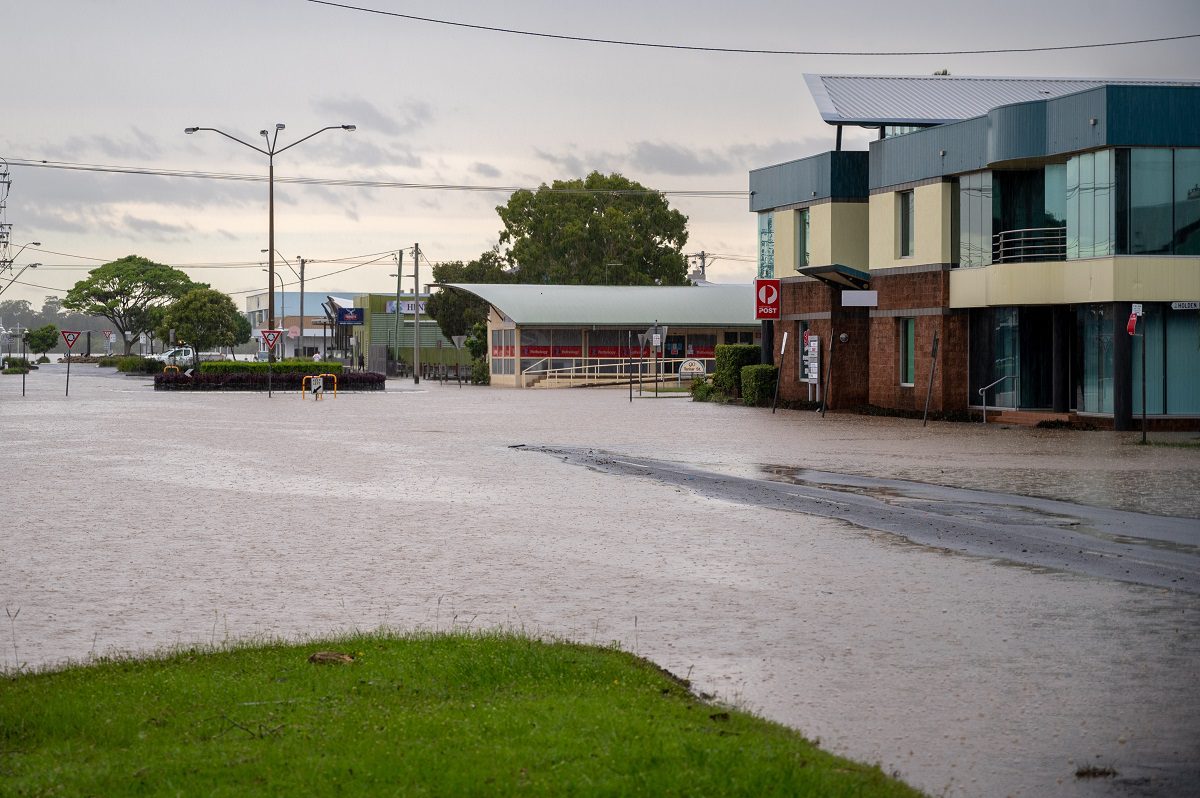Healthy North Coast is pleased to announce the opening of the second round of the Workforce Support and Wellbeing program which has been made available via Australian Government funding.
The program was initiated in 2022 to support retention of the local primary healthcare workforce after the 2022 Northern Rivers floods.
Flexible grants are available for eligible primary health care organisations and sole practitioners to support a variety of projects that assist in the preparation, response and recovery phases of disaster situations.
Developed in consultation with disaster-affected clinicians, the program is aimed toward retaining and strengthening the local primary care workforce by supporting:
- Rest and relief for an overloaded workforce
- Team debriefing and resilience building
- Individual capacity to be responsive to patient needs.
Monika Wheeler, CEO of Healthy North Coast, was thrilled to announce the new round of funding:
“Some of our local communities, including Lismore and towns in the Northern Rivers, are still heavily impacted from flooding and natural disasters,” Ms Wheeler said.
“Recovery takes years, and there is still significant pressure on our local primary health care organisations and workers who are continuing to support their patients doing it tough.
“I am proud that to date no general practices in the Northern Rivers region have closed since the 2022 the floods, even though there were concerns that some would. The resilience of local practice owners, the collegiate support provided between health care professionals and support such as this initiative have all played a role in this incredible result.
“By investing in the wellbeing and preparedness of our primary care workforce, we contribute not only to the resilience of our healthcare system but also to the overall health and of our communities.”
Janelle Saffin, Member for Lismore and Parliamentary Secretary for Disaster Recovery, also acknowledged her support of the program:
“We don’t know the full impact of the 2022 disaster on the health and mental health of our community, but we do know it was huge, and that it will impact people in our region for years to come.
“It’s important that we look after our health workforce because they are also part of the community recovering from this disaster. I encourage local practitioners to apply for these grants so they can continue to respond to the particular needs of our community.”
The Workforce Support and Wellbeing program was first launched in October 2022 as part of a $2.23 million package from the Australian Government through the Primary Health Network program to assist the flood-affected Northern Rivers workforce, provide temporary business premises and support displaced local primary health care providers. This second round of funding will provide up to $500,000 of support for local practitioners through a number of workforce initiatives.
The first round of funding was able to support 1,600+ clinical and frontline staff and 110+ Northern Rivers primary health care organisations.
The feedback from local clinicians has been overwhelmingly positive.
Kyle Wood, owner and pharmacist at Southside Chempro in Lismore, explained what the funding meant to the local community:
“Like much of the Lismore community, many of our staff were directly affected by the floods. This program offers relief, rest and assistance to the health workforce in this region, while still enabling our businesses to service the community. It is very welcome and appreciated.”
To learn more about the Workforce Support and Wellbeing program and to apply for funding, visit hnc.org.au/workforce-support-and-wellbeing-program.
Funding is available until 30 June 2024.
About Healthy North Coast:
Healthy North Coast is an independent, not-for-profit organisation proudly delivering the PHN program on behalf of the Australian Government in North Coast NSW. They are committed to improving the health of their communities through quality primary health care.
They have invested over $16 million in Australian Government and NSW Government funding for flood recovery initiatives, including:
- Resilient Kids program
- Expansion of Prema House
- Safe Haven Community and Wellbeing hubs
- Head to Health program
- Mental Health and Wellbeing Flood Recovery Navigators
- Strong Community program
- Community Wellbeing and Resilience program
- Workforce Infrastructure grants
- Workforce Support and Wellbeing program
- Lismore Primary Health Precinct
- Building disaster readiness
Healthy North Coast is working collaboratively with primary health care professionals, the Local Health Districts and NSW emergency services to prepare for future disasters in our region. When services work together collaboratively communities get the support they need.



